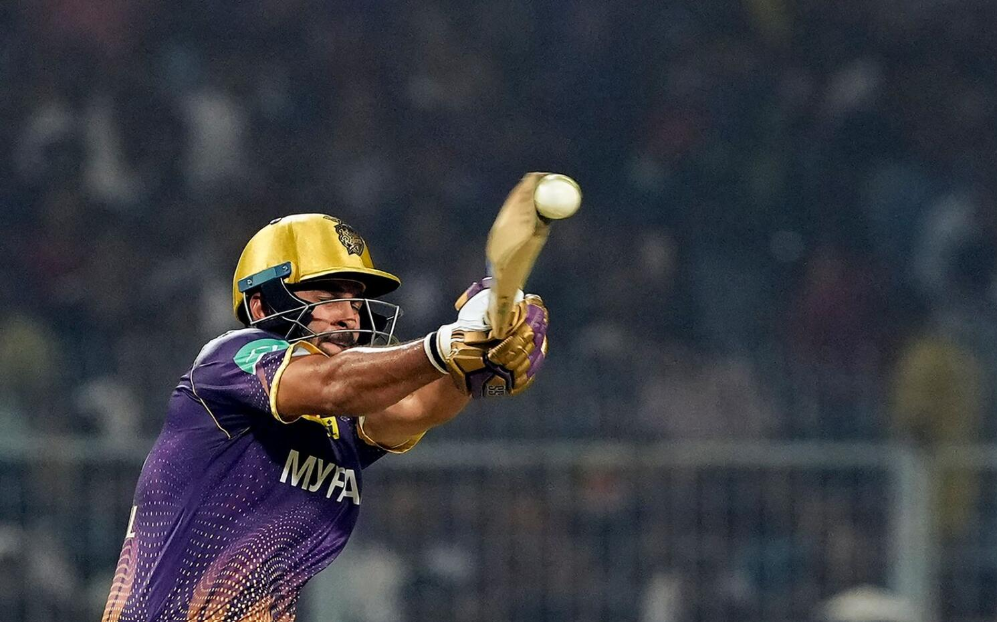[ad_1]
Prime Minister Narendra Modi’s call for a Uniform Civil Code, nine months before the 2024 Lok Sabha election, appears to be politically motivated. Nothing prevented this government from introducing legislation to this effect in the past nine years. Since matters of personal law are in the Concurrent List, the Union government could have taken the lead — laws passed by state assemblies are not applicable outside the boundaries of the state concerned. Given the vast diversity of state populations, a law enacted by a state cannot be “uniformly” applied throughout the country. That is why Article 44 of the Constitution, a part of the Directive Principles of State Policy, mandates that “the state shall endeavour to secure for the citizens a Uniform Civil Code throughout the territory of India”. Separate and asymmetric pieces of legislation in states will either be suspect, or inappropriate, in fulfilling Article 44’s mandate.
In the past nine years, the government has not had the time or inclination to consult all stakeholders and undertake the necessary efforts to build a consensus on this issue. One gets the feeling that the PM’s statement is intended — to say the least — to embarrass his opponents and in the process, secure brownie points for him.
Before I delve into the motives behind the PM’s statement, some pertinent issues need to be highlighted. PM Modi must at least explain what he means by a “Uniform Civil Code” that will applicable throughout the territory of India. I don’t think any political party is required, or obliged, to respond to this call before they know what he actually means. In my view, he intends to start a fruitless debate before we are made aware of his understanding of the matter.
For several reasons, the PM’s statement is politically-motivated.
First, it is of a piece with the Modi government’s ideology of minority bashing. The ruling party and the Sangh Parivar unapologetically support anti-Muslim politics and rhetoric. Social amity is imperilled when Bajrang Dal vigilantes force Muslims to say “Jai Shri Ram”, when the term “love jihad” is invoked to interfere in marital choices and some BJP-ruled states frame laws against such unions.
Controversies such as those related to the use of hijab, the bulldozing of Muslim bastis on allegations of encroaching on public land, the alleged collusion of the police force in some states with local pro-Hindutva elements and the suppression of dissent often polarise society. The visceral dislike for the “other” is then exploited for electoral benefits. Add to all this, the communally-charged unedifying statements made from time to time by prominent BJP leaders, including ministers.
Second, the PM’s statement seeks to put the Opposition on the defensive. Those who oppose his call are likely to be called “pro-Muslim”. They also risk alienating a section of the Hindu population. Not taking a position is not an option. I hope the Opposition takes a nuanced approach and avoids taking the bait.
Third, there is no clear articulation about the meaning, contours and ambit of the so-called “Uniform Civil Code”. What are the areas of civil law it proposes to touch? Will the vast diversity of practices relating to marriage, divorce and custody of children within religious denominations, including sects, be made “uniform”? Will the law of inheritance be made uniform despite different customary practices, even amongst Hindus, apart from the vast variety of practices amongst tribals and in the Northeastern states?
Presumably, the Prime Minister has thought through all this. Since such a “code” will affect the lives and the future of 1.4 billion people, we expect the proposal to be clearly articulated by the PM. Has he consulted political and community leaders of different religious denominations across the country including my Hindu brothers in both BJP and non-BJP-ruled states? Or will the Law Commission’s recommendation pave the way for a Bill?
Fourth, such an exercise may not see the light of day anytime soon. There are only two really effective Parliament sessions left before the 2024 Lok Sabha elections. So, I presume it is part of the BJP’s divisive rhetoric.
PM Modi needs to look at Part III of the Constitution which pertains to Fundamental Rights. Equality is a concept that must not only be embraced but practised for the empowerment of all our citizens. Certain communities are openly discriminated against in matters of schooling, educational grants and scholarships. Urgent steps have not been taken to narrow the digital divide between the already empowered and the poor and the marginalised.
Free speech is constantly being targeted. Calls of violence are issued from Dharma Sansads. At the same time, others lose their membership of Parliament on questionable defamation decisions in courts. Students, journalists, professionals and academics are paying a heavy price for protesting against the policies of the government or for making scathing comments against prominent leaders. Sedition laws or the UAPA are selectively used against them. At the same, the law, in practice, seems to discriminate by providing impunity to some. That is where “uniformity” is desperately needed.
The writer is a member of the Rajya Sabha
[ad_2]











